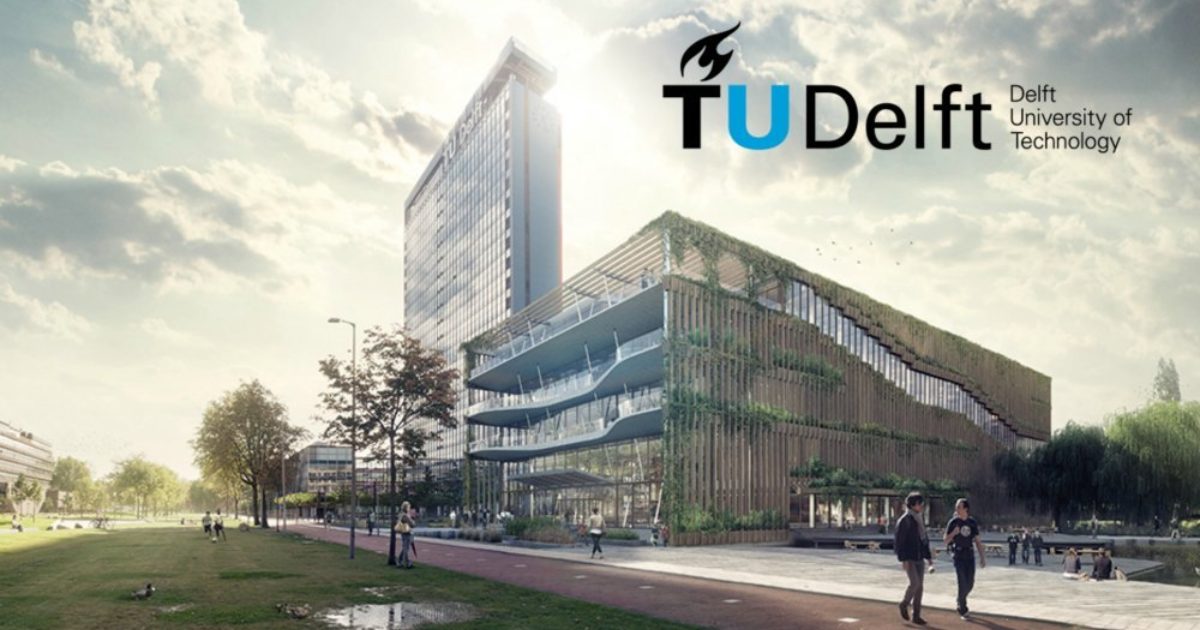TU Delft: TU Delft campus climate neutral by 2030
The starting point is that by 2030 the campus will be circular, healthy and biodiverse. Concrete actions include greening the campus and developing living labs that can be used to put sustainability research and education into practice. Van den Dobbelsteen: “The university is going to implement more greenery and water on campus. Not only to combat climate change, but also to raise community awareness. In addition, research shows that a green environment reduces stress and improves the mental health of employees and students.”
Joint effort
Achieving carbon neutrality by 2030 requires a major commitment and participation from all faculty and departments, from procurement to building management to communications. For example, consider the transition to the vegetarian restaurant at the Faculty of Architecture. TU Delft will also work closely with partners outside its own organization. Van den Dobbelsteen: “An important aspect of our sustainability efforts is the closing of cycles, and these simply don’t stop at the door of a university building or at the edge of the campus. We are therefore explicitly seeking cooperation with partners, including those outside the campus.”
On the revamped sustainability website, everyone can follow all the climate action closely. “Here we actively show which pilots are running and what the results are.”
Climate Action
Making the Delft campus more sustainable is an important part of the Climate Action Programme, which also provides for additional investment in Climate Action research and education. Over the next ten years, the TU will be spending a total of 22 million euros on setting up and shaping this program.

